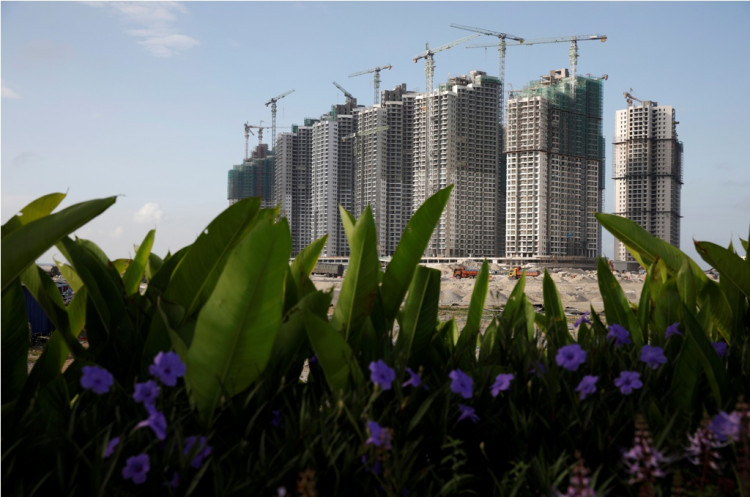Moody's Investors Service has been providing forecasts and insights about countries over the past weeks and Malaysia did not escape its grasp. While the international rating agency has cut its GDP growth forecast for the Asian country, it boosted faith in the government's ability to handle debts.
According to The Star, the rating firm believes Malaysia has what it takes to handle its elevated debts that consistently exceeded median levels over the past decade. The country just recently started purging its finance policies and government arms following the dethronement of the previous administration. The new regime is struggling with fulfilling its promises, economic experts believe Prime Minister Mahathir bin Mohamad's government can overturn the trials through decentralized administrative bodies.
"Malaysia's debt metrics is weaker, but it does not mean it cannot service its debts," a vice-president of Moody's Malaysia sovereign risk overseer, Anushka Shah, said. She explained that that the default risk has limited power due to lower foreign-currency exposure to debts under the government.
On the other hand, Shah and other industry analysts pointed out that increased digitization in Malaysian banks could help the country get past this debt burden stage as innovations in banking systems could push loans growth up.
Despite high hopes for Malaysia's debt service, Moody's slashed its real GDP growth forecast to 4.4 percent. In January, the agency predicted the country's 2019 GDP growth to reach at least 4.7 percent. For the coming year, Shah also cut down her forecast to 4.3 from the previous 4.5 percent outlook.
During the recent Moody's media briefing, Shah noted that slower growth forecasts shouldn't be the entire focus of businesses and investors. For Shah, Malaysia's basic economic foundations "are still strong and remain stronger than the median for A-rated sovereigns."
Economic experts cited weaker public spending as one of the major reasons why Malaysia will see slower economic developments in the next two years. Growing protectionism on trade activities worldwide is also expected to affect the country's GDP growth.
The good thing about Malaysia is, according to Moody's analysts, it has a diversified economy that could play a key role in withstanding tough economic scenarios. A diversified economy is believed to be one of the country's credit strengths that could help enhance its resilience in the face of a global economic slowdown.
Earlier this month, the International Monetary Fund (IMF) heaped praises on the Malaysian economy's resilience despite external beatings. The IMF said Malaysia's financial sector was strong and profitable enough to help the country overcome inflation changes and slowing trade activities with some of its major trading partners.






